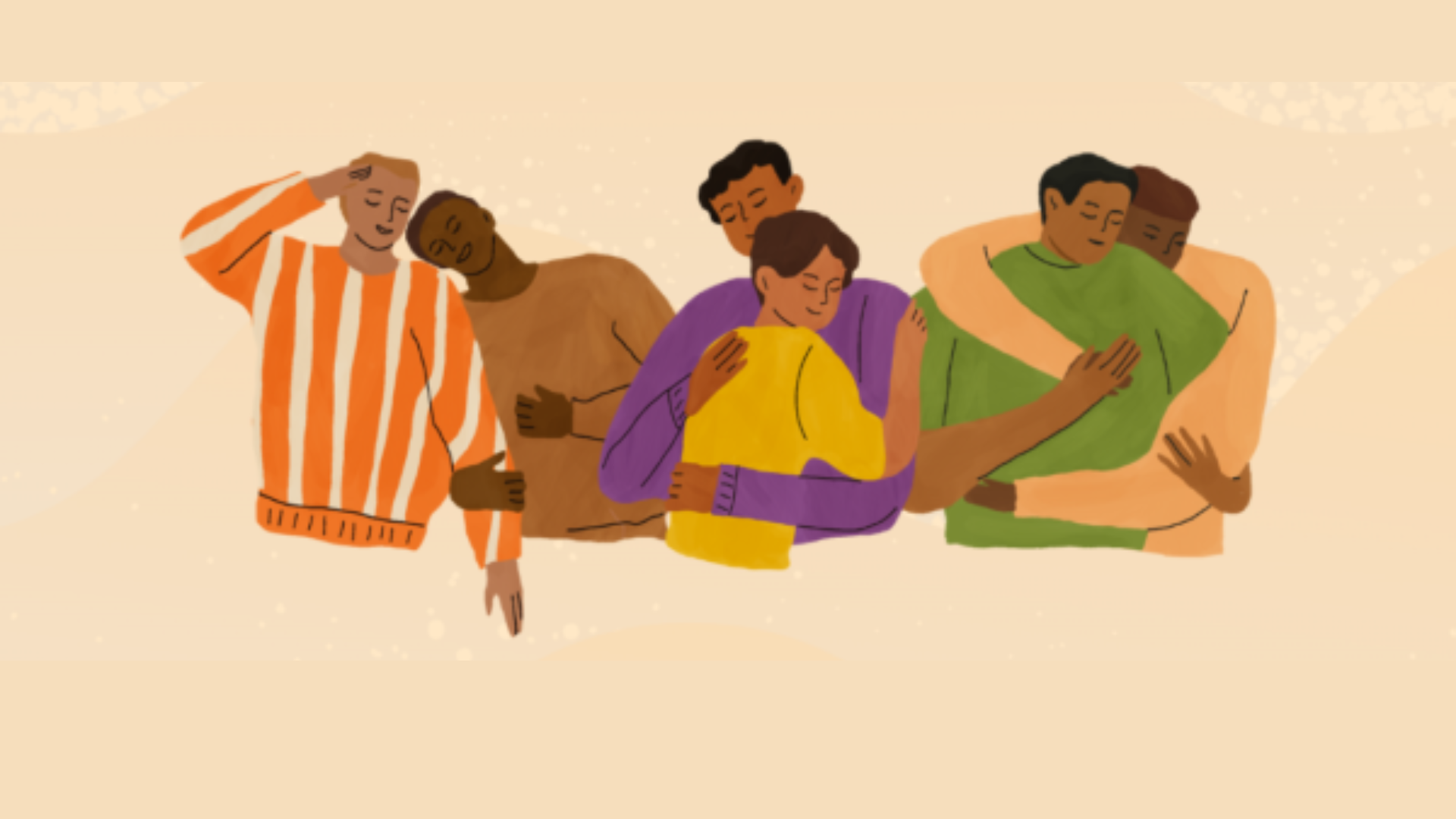In this 3-part series we will be taking you through our Time to Talk afternoon, where we opened the discussion on Black men’s sexual health. To kick of the series, we will hear from Chad Morgan a PrEP Promotion Specialist from Brook, who along with Blueprint for All and Shape History, aim to build awareness within individuals, improve signposting, access to sexual health services while closing the gap in sexual health outcomes
So why is LSL important?
Love Sex Life is a health promotion service which aims to address the inequality in Black African and Caribbean communities who in 2020 had the highest rate of STI’s diagnosed in Britain. Looking in at 2017, Lambeth, Southwark and Lewisham had the highest sexually transmitted diseases within AC communities. Lambeth (66%) and Southwark (58%) had the most HIV exposure amongst Black AC men engaging in sexual contact with other men.
“They’re not at all comfortable. I only have one male friend who makes sure that he always gets tested. Black men will not go to the doctor about their sexual health.”
Community Stakeholder Lambeth
In the Love Sex Life report it was found that approximately a third of people surveyed admitted they were not regularly being tested for STIs while 17% said they had never had an STI test and that 21% of men surveyed would not seek HIV testing because of the stigma. The barriers that withhold these communities from seeking help include being judged (26%) and avoiding testing due to family pressures or privacy concerns (20%).
Other barriers include:
– Mistrust of sexual health services
– Poor experiences when accessing sexual health services
– Immigration status
– Lack of access to information about sexual health services available
In the LSL 2020 report, it highlighted that because of the COVID-19 pandemic there was a lack of awareness of online services – 95% of participants were NOT informed by their GP on how to get tested during lockdown. Since then, there is a prominent change in how residents are choosing to access sexual health services. When rating their satisfaction on the sexual health services provided, 33% of the respondents from all three boroughs with Black African and/or Black Caribbean heritage felt their needs were not being met.
The reports also explored other educational needs, where they found that Black Caribbean respondents wanted more information on sexual pleasure (17%) and Black African respondents wanted more information on reproductive health (9%) and contraception (9%).
The need to educate these communities is high and we can see that there is a want to be educated. Love Sex Life provides a safe place to discuss uncomfortable topics amongst communities. Our Time to Talk: Why we need to prioritise Black men’s sexual health was an insightful look into the current issues – come back to our blog next week where we will discuss the findings of Uzochi Nwaosu’s and learn about the motivations and behaviours of Black men and their sexual health.

